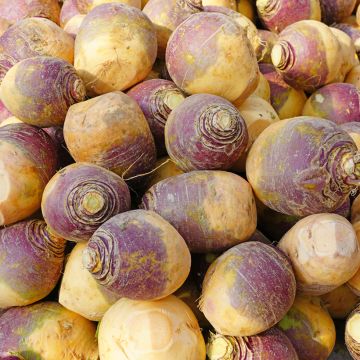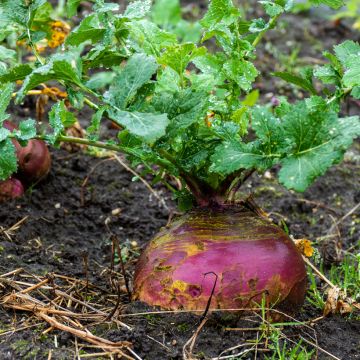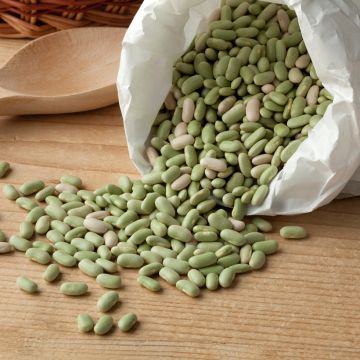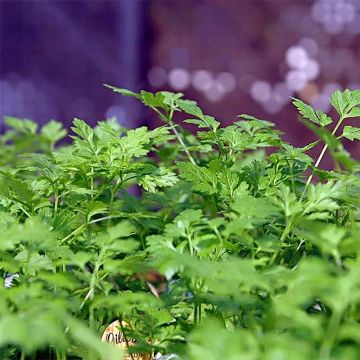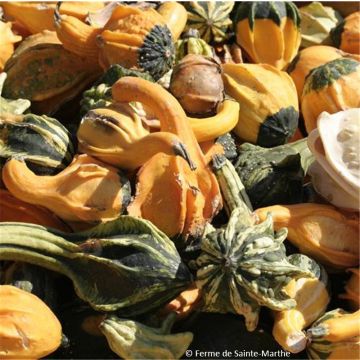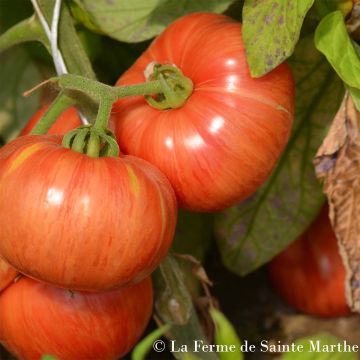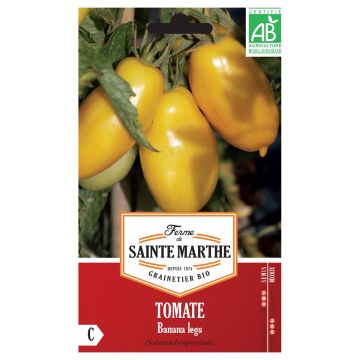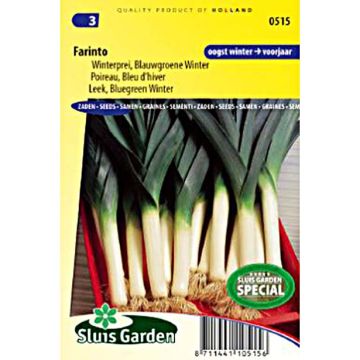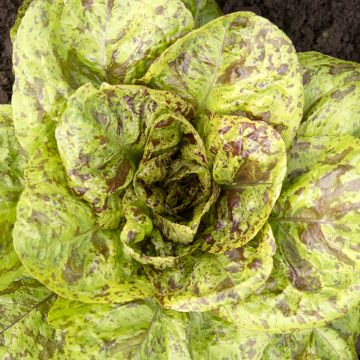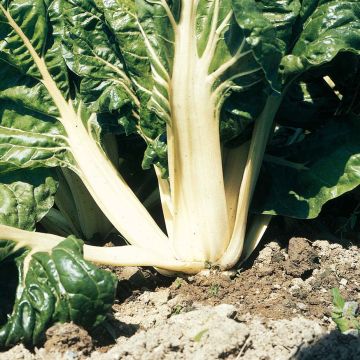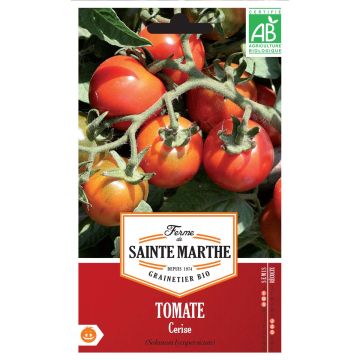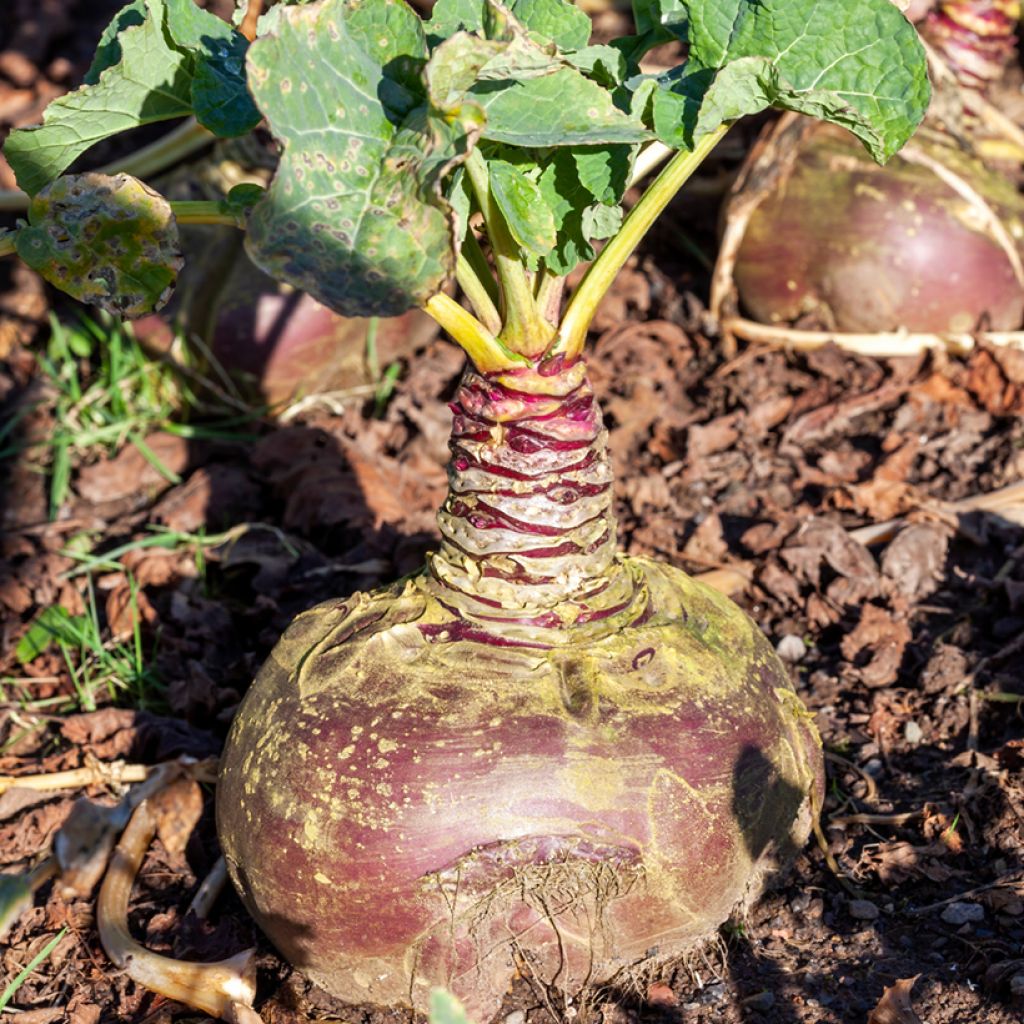

Swede Tweed F1 - Rutabaga
Swede Tweed F1 - Rutabaga
Brassica napus Tweed
Swedish turnip
This item cannot be shipped to the selected country
Dispatch by letter from €3.90
Delivery to Corse prohibited
More information
Schedule delivery date,
and select date in basket
This plant carries a 6 months recovery warranty
More information
We guarantee the quality of our plants for a full growing cycle, and will replace at our expense any plant that fails to recover under normal climatic and planting conditions.
Seed-only orders are dispatched by sealed envelope. The delivery charge for seed-only orders is €3.90.
Delivery to Corse prohibited: UE law prohibits the import of this plant from mainland France to Corse as part of the fight against Xylella fastidiosa. Please accept our sincere apologies.
More information
Description
'Tweed F1' swede is a British bred hybrid variety that is suitable for growing in poorer soils. It produces attractive roots with purple skin and good-flavoured, fine-grained yellow flesh. Sow from May to June and harvest from October to December.
The swede or rutabaga, also known as Swedish turnip (Brassica napus) is a root vegetable native to Northern Europe that belongs to the large Brassicaceae family. It is a cross between a wild cabbage and a turnip. It forms a white or yellow turnip-like root that has a flavour similar to potato and radish. It can be eaten raw (grated in carrot salads) or cooked. It is perfect for winter soups and stews or mash and is delicious caramelized in gratin or roasted with other autumn or winter veg. Swede is quite high in calories and is an excellent source of calcium, potassium, magnesium and phosphorus. It is known to help digestion and can even have a slight laxative effect.
Swede is easy to grow. Its requires, to as lesser extent, the same basic requirement as other members of the cabbage family: plenty of sunshine and deep, moist, free draining and fertile soil that has been amended with manure or compost. It is suitable for growing in ordinary soil.
Harvesting: Lift with a garden fork and gently pull up the roots when they have reached full maturity.
Storage: Let the swede roots dry for a few hours on the ground and cut off the greens just above the crown. They will keep for several months in a box or container filled with sand or straw, in a cool dark room (cellar or garage). In free draining soil they can be left until required. Swedes will keep for days if not weeks in the refrigerator; they can also be blanched in boiling salty water then frozen.
Good to know: Planting fennel next to swedes helps repel flea beetles and root maggots, two major pests that feed on turnip and rutabaga plants. Ideally, cover your crops with fine insect netting or row covers. Mulching with grass clippings or dead leaves will help keep the soil moist whilst limiting weed growth.
Even if the vegetable garden is first and foremost a place for growing great quality veg, it’s always a good idea to leave a bit of room for flowers. Growing flowers alongside your vegetable plants will make your general gardening experience more enjoyable and is a great way to attract pollinators and repel garden pests! Flowers such as gaillardia, marigolds, zinnias, cosmos or nasturtiums can be sown in and around the rows of vegetables. Herbs such as dill can be very useful also. Bear in mind that some companion plants self-seed easily and can be a bit invasive (borage, chives, lemon balm etc.)
NB: This variety is marked F1 for "F1 hybrid" meaning that its qualities are derived from carefully selected parent plants. This results in a variety that is both full of flavour and resistant to diseases. Sometimes criticized or wrongly assimilated to GMOs, F1 hybrid seeds have the advantage of producing reliable, uniform, disease resistant plants. Unfortunately, these qualities will not be passed on to following generations.
Report an error about the product description
Harvest
Plant habit
Foliage
Botanical data
Brassica
napus
Tweed
Brassicaceae
Swedish turnip
Cultivar or hybrid
Annual
Other Swede
Planting and care
Sowing:
The germination temperature of Rutabaga Tweed is around 12° and takes about 14 days.
Sowing period: from May to June
Harvest period: from October to December
You can sow directly in the ground or prepare seedlings that will then be planted in their final position in the garden.
Seedling preparation: In a greenhouse or nursery in the garden for the rest of the year (according to the recommended sowing period), sow the seeds at a depth of 1 to 2 cm in a good seed compost or fine soil. Lightly cover with compost and remember to keep the substrate moist but not waterlogged.
When the young plants appear strong enough to handle, transplant them into pots if necessary before planting them in the garden, when there is no longer any risk of frost. When planting, respect the recommended spacing for direct sowing.
Direct sowing: In properly amended and finely worked soil, create furrows with a depth of one or two centimeters, spaced 30 centimeters apart. Sow the seeds and cover them with a thin layer of fine soil. When the seedlings are well developed, thin them out, leaving one plant every 15 centimeters.
Cultivation:
Rutabaga Tweed is grown in full sun. It is a fairly demanding vegetable that requires well-fertilized soil. It is advisable to make a good addition of mature compost (about 3/4 kg per m2), by scratching the soil to a depth of 5 cm, a few months before planting, after having loosened the soil, as with any vegetable crop.
Once in place, Rutabaga Tweed requires practically no care except for necessary weeding.
Seedlings
Care
Intended location
This item has not been reviewed yet - be the first to leave a review about it.
Vegetable seeds
Haven't found what you were looking for?
Hardiness is the lowest winter temperature a plant can endure without suffering serious damage or even dying. However, hardiness is affected by location (a sheltered area, such as a patio), protection (winter cover) and soil type (hardiness is improved by well-drained soil).

Photo Sharing Terms & Conditions
In order to encourage gardeners to interact and share their experiences, Promesse de fleurs offers various media enabling content to be uploaded onto its Site - in particular via the ‘Photo sharing’ module.
The User agrees to refrain from:
- Posting any content that is illegal, prejudicial, insulting, racist, inciteful to hatred, revisionist, contrary to public decency, that infringes on privacy or on the privacy rights of third parties, in particular the publicity rights of persons and goods, intellectual property rights, or the right to privacy.
- Submitting content on behalf of a third party;
- Impersonate the identity of a third party and/or publish any personal information about a third party;
In general, the User undertakes to refrain from any unethical behaviour.
All Content (in particular text, comments, files, images, photos, videos, creative works, etc.), which may be subject to property or intellectual property rights, image or other private rights, shall remain the property of the User, subject to the limited rights granted by the terms of the licence granted by Promesse de fleurs as stated below. Users are at liberty to publish or not to publish such Content on the Site, notably via the ‘Photo Sharing’ facility, and accept that this Content shall be made public and freely accessible, notably on the Internet.
Users further acknowledge, undertake to have ,and guarantee that they hold all necessary rights and permissions to publish such material on the Site, in particular with regard to the legislation in force pertaining to any privacy, property, intellectual property, image, or contractual rights, or rights of any other nature. By publishing such Content on the Site, Users acknowledge accepting full liability as publishers of the Content within the meaning of the law, and grant Promesse de fleurs, free of charge, an inclusive, worldwide licence for the said Content for the entire duration of its publication, including all reproduction, representation, up/downloading, displaying, performing, transmission, and storage rights.
Users also grant permission for their name to be linked to the Content and accept that this link may not always be made available.
By engaging in posting material, Users consent to their Content becoming automatically accessible on the Internet, in particular on other sites and/or blogs and/or web pages of the Promesse de fleurs site, including in particular social pages and the Promesse de fleurs catalogue.
Users may secure the removal of entrusted content free of charge by issuing a simple request via our contact form.
The flowering period indicated on our website applies to countries and regions located in USDA zone 8 (France, the United Kingdom, Ireland, the Netherlands, etc.)
It will vary according to where you live:
- In zones 9 to 10 (Italy, Spain, Greece, etc.), flowering will occur about 2 to 4 weeks earlier.
- In zones 6 to 7 (Germany, Poland, Slovenia, and lower mountainous regions), flowering will be delayed by 2 to 3 weeks.
- In zone 5 (Central Europe, Scandinavia), blooming will be delayed by 3 to 5 weeks.
In temperate climates, pruning of spring-flowering shrubs (forsythia, spireas, etc.) should be done just after flowering.
Pruning of summer-flowering shrubs (Indian Lilac, Perovskia, etc.) can be done in winter or spring.
In cold regions as well as with frost-sensitive plants, avoid pruning too early when severe frosts may still occur.
The planting period indicated on our website applies to countries and regions located in USDA zone 8 (France, United Kingdom, Ireland, Netherlands).
It will vary according to where you live:
- In Mediterranean zones (Marseille, Madrid, Milan, etc.), autumn and winter are the best planting periods.
- In continental zones (Strasbourg, Munich, Vienna, etc.), delay planting by 2 to 3 weeks in spring and bring it forward by 2 to 4 weeks in autumn.
- In mountainous regions (the Alps, Pyrenees, Carpathians, etc.), it is best to plant in late spring (May-June) or late summer (August-September).
The harvesting period indicated on our website applies to countries and regions in USDA zone 8 (France, England, Ireland, the Netherlands).
In colder areas (Scandinavia, Poland, Austria...) fruit and vegetable harvests are likely to be delayed by 3-4 weeks.
In warmer areas (Italy, Spain, Greece, etc.), harvesting will probably take place earlier, depending on weather conditions.
The sowing periods indicated on our website apply to countries and regions within USDA Zone 8 (France, UK, Ireland, Netherlands).
In colder areas (Scandinavia, Poland, Austria...), delay any outdoor sowing by 3-4 weeks, or sow under glass.
In warmer climes (Italy, Spain, Greece, etc.), bring outdoor sowing forward by a few weeks.

































